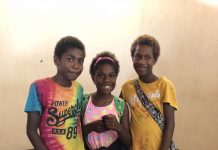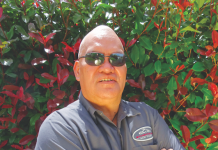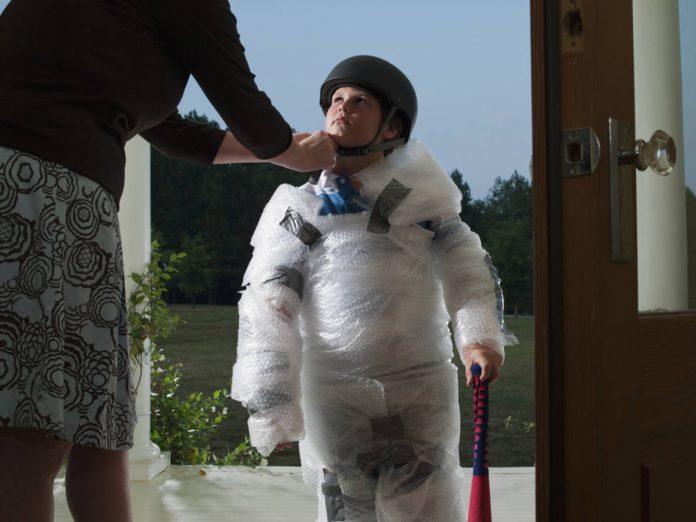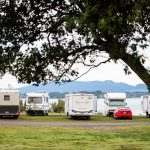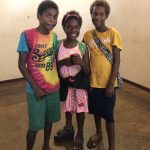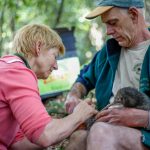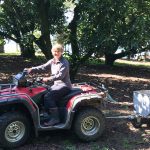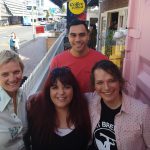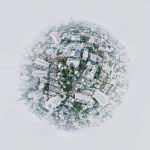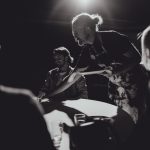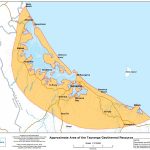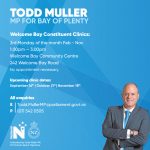US writer Nassim Taleb puts forward the idea that human societies are becoming more fragile through the systems, rules and regulations we put in place to protect ourselves. We become less individually capable of dealing with chaos and uncertainty because we seek to lock down anything that could be destabilising.
Our children are kept away from anything that could hurt them, so they develop no brain pathways to allow them to keep themselves safe around knives, fire or traffic. Without learning safety for themselves through trial and error the first time they are free of parental control, which usually involves cars, can be deadly.
If people are not exposed to having to deal with the slings and arrows of life as children they go out into the world as teenagers unarmed and unskilled without resilience and mechanisms to give perspective to a broken heart, or bullying, recognising dishonest people, or knowing how to keep themselves physically and emotionally safe – other people have always done that for them. So, they die in cars or by their own hand. We may have kept them safe but have made them fragile.
Taleb argues we are all being negatively impacted by groups with no skin in the game – academics, bureaucrats and ‘advisors’ – having too much influence in how we lead our lives leading to tragic consequences.
Fragilising Our Health
Recently I was talking with an Ear Nose and Throat specialist in Dunedin. He told me how people in developing countries have very small tonsils whereas people in wealthier countries have huge tonsils by comparison.
His explanation was that in developing countries things are not as sterile as they are in places like New Zealand, therefore the body’s antibodies are active in protecting the body. It is what the human body has evolved to do over thousands of years living in environments alive with pathogens.
In developed countries our antibodies are basically unemployed as there are few threats to protect against, so they go looking for trouble and start attacking our own bodies – hence the inflamed tonsils. Health conditions such as hay fever, asthma, eczema and a range of other auto-immune conditions are prevalent in wealthy countries but not seen in developing countries. He was backing Talab’s point that in our attempts to make ourselves safe through sterility we are paradoxically making ourselves fragile.
Ideology Masquerading As Protection
We can look at a raft of legislation that direct our lives and see how, while they may have good intent, are causing damage through fragilising us and making our society as a whole less resilient. An electrician now needs certification for working at heights if he is to take a ladder off his van roof rack. Health and Safety regulations would be one of the great “fragilisers” of our time.
Another is the Resource Management Act which has created an animal called a planner who gets to direct all parts of our lives. In effect socialism of the sort that underpinned the failed Soviet ideology of centrally planned decision-making by the party, so no thinking was welcomed or expected by individuals. Planners or political commissars tell us what is good for us.
The problem is, as Talab points out, they have no skin in the game themselves. They are not taking risks with their own money, or innovating; they are focused on preventing risks for themselves and their organisation. Having created this thing called a planner we have fragilised our society.
Paradox of Policy
We also see fragility at work in government plans to change rental laws. One property buyer I was speaking with this week told me that he is constantly being approached by landlords wanting to quit their rental properties because of the looming costs to be imposed by new rental legislation.
Landlords will have no say in tenants having pets, so landlords shiver at the prospect of having a pit bull next door to a house full of children without any ability to prevent that nightmare. We make our children less safe through trying to improve rental accommodation.
The new law will require landlords to ensure the houses have no draughts. With older houses that is practically impossible and from a health perspective undesirable. The answer for landlords will be to sell or bulldoze the old houses which rent at a lower price and build new houses that rent at levels unattainable for those who were renting the older houses.
So, the paradox is there will be fewer rental houses available and with less supply and larger demand rents will spike up. New legislation to ‘protect’ us will cause a huge problem for people who need a rental house – fewer rental houses available at much higher rents.
Exist Successfully Within Uncertainty
Where decisions are made by people without skin in the game there will always be a resulting problem that is bigger than the original problem. As Taleb says, we should be seeking antifragility not safety and failed attempts to keep back the tides of uncertainty.
By Dr Del Carlini
“I write for Bay Waka because it is a place for ideas.”






